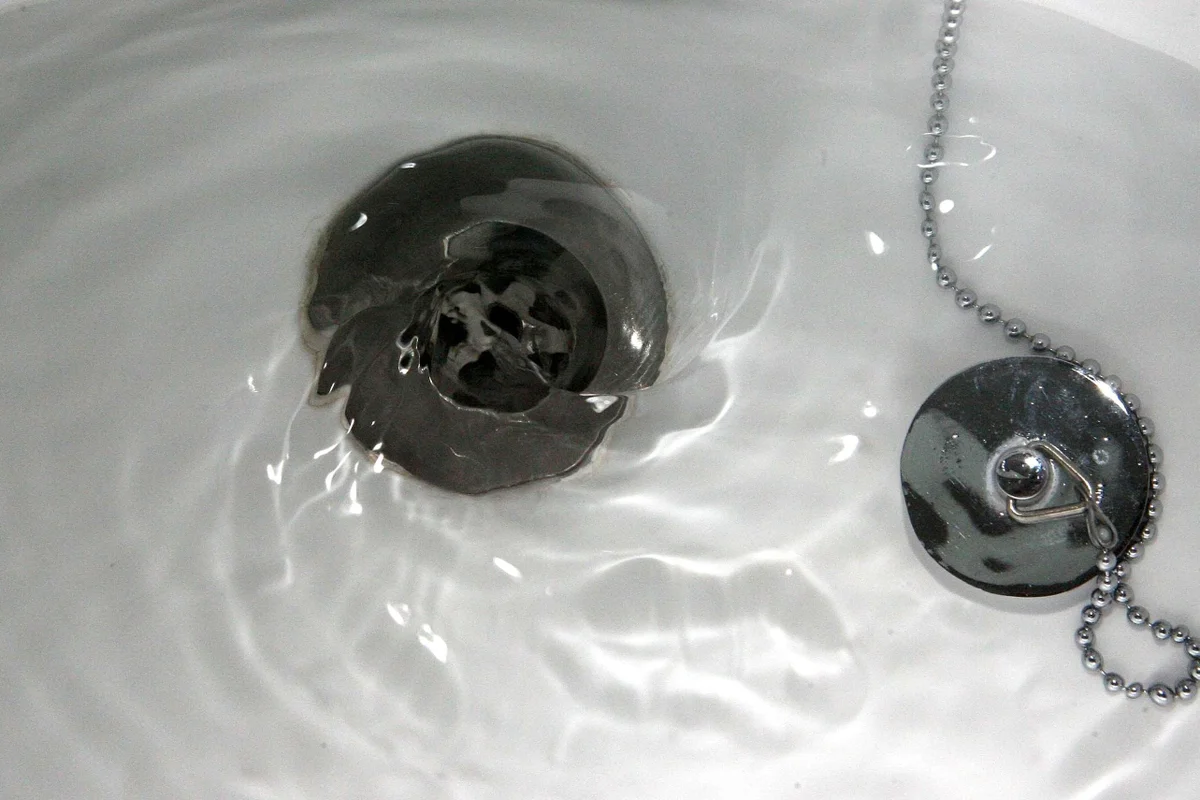By Jabed Ahmed
Water companies will have to pay households up to £2,000 for service failures as part of efforts to reform the sector, the government has announced.
Compensation payments will increase up to tenfold from Wednesday for problems such as low pressure, disruptions to supply, or sewer flooding.
The Department for Environment, Food and Rural Affairs (Defra) said the move marked the first increase in compensation rates in 25 years in recognition of the “urgent need” to bring payments in line with inflation, and properly compensate households for poor service.
The announcement comes as the government attempts to grapple with the problems engulfing the water sector in the face of high public anger over the degraded and polluted state of rivers, lakes and coasts, rising bills, bosses’ bonuses and shareholder payouts.
Severe issues such as flooding will see customer compensation double from £1,000 to up to £2,000, while households suffering consistent low water pressure will be automatically eligible to receive up to £250, up from the previous compensation rate of £25.
Below is the full list of service failures that will have an increased compensation rate:
Payments will automatically be credited to the accounts of eligible customers with immediate effect.
The compensation will only apply to customers in England.
Defra said it was working with water companies to expand the list of circumstances that would trigger compensation payments.
Compensation for when customers are asked to boil their water due to a contaminated supply will come into force later this year, it said.
Environment secretary Steve Reed said: “Too many water companies are letting down their customers – with leaking pipes, poor water supply and low water pressure.
“The government is holding water companies to account by making them put money back into people’s pockets when they fail their customers.”
The standards, outlined in the Guaranteed Standards Scheme, set out a baseline for customer service in the water sector and include providing timely restoration of the water supply following an interruption, responding to written complaints and managing the risk of sewer flooding.
Action already announced to cut sewage spills and attract investment in the sector includes: strengthening regulation to ensure polluting water bosses who cover up their crimes now face two-year prison sentences; the banning of “unfair” bonuses for bosses of six polluting water companies; and 81 criminal investigations into sewage pollution.
Ofwat chief executive David Black said: “We welcome these improvements to guaranteed standards and payments for customers.
“When customers suffer from problems like low pressure, disruptions to supply or sewer flooding, they can experience major stress and inconvenience, and payment amounts must recognise the disruption to their lives when standards are not met.
“These new changes are another way to make sure customers are protected when companies get it wrong.”
